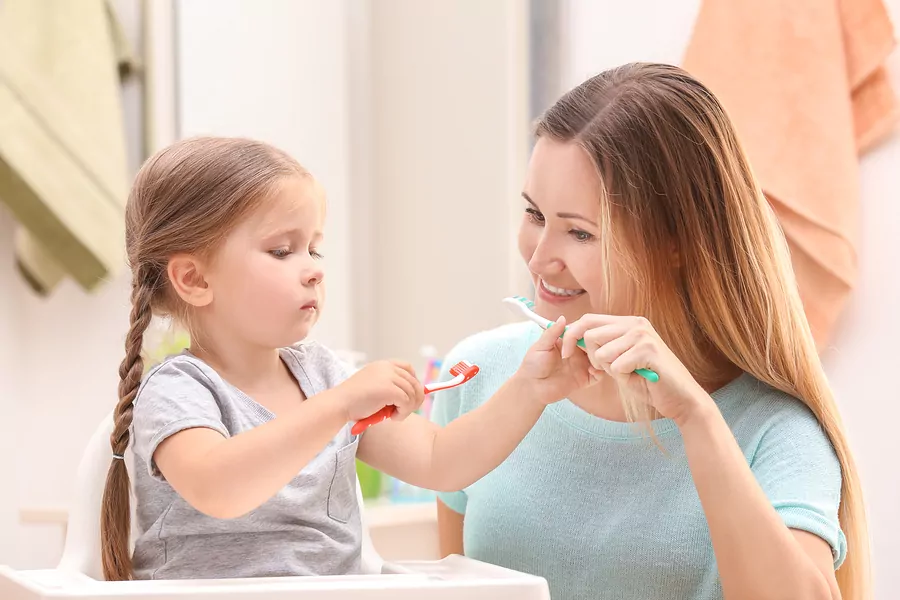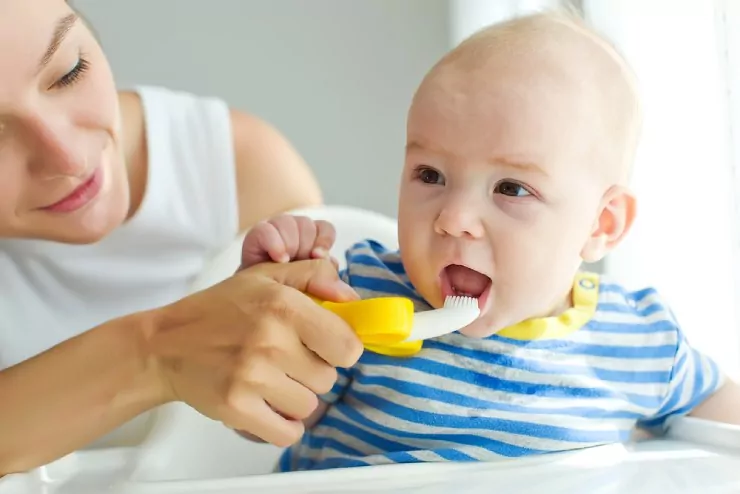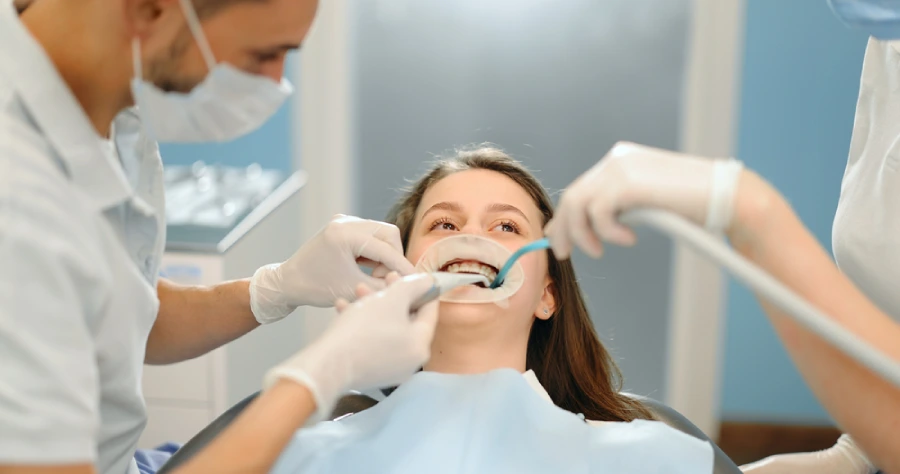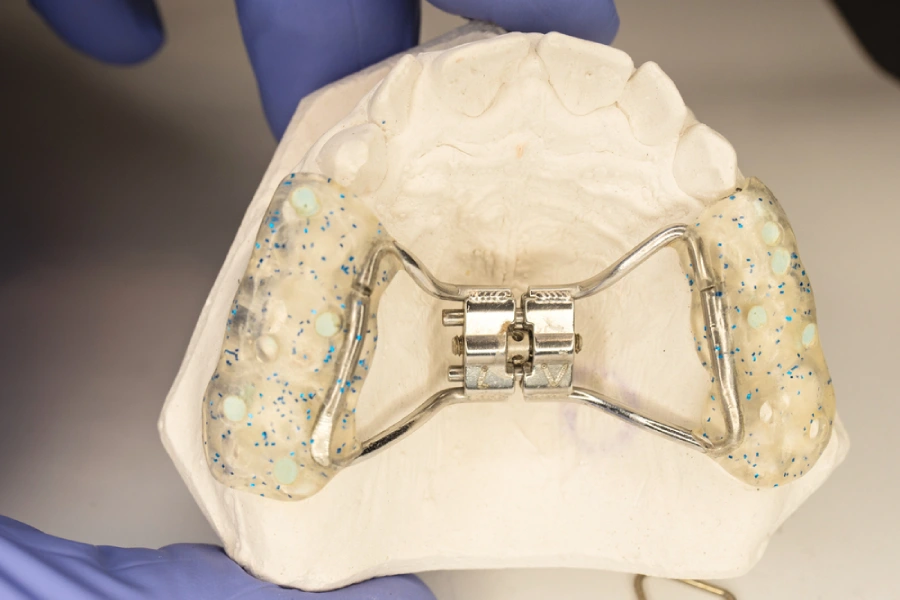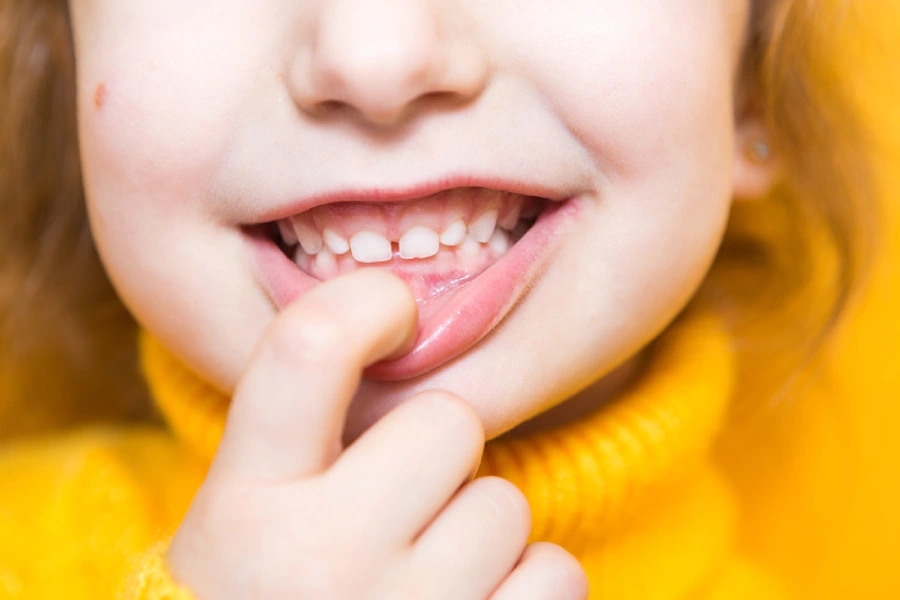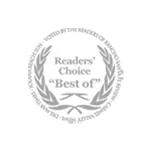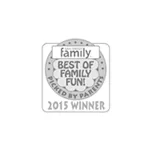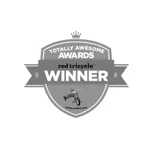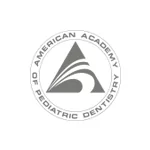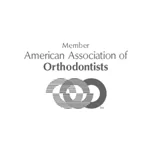Brushing your child’s baby teeth may seem like a waste of time since those teeth are not permanent. The truth is that good oral hygiene habits must start young for a lifetime of good brushing habits. If you aren’t brushing your baby’s teeth, those teeth can quickly decay and interfere with your child’s nutrition, speech development, and social life.
Your child’s mouth is the gateway to their whole body! Because of this, oral care isn’t just a physical health issue. The mouth can impact everything from self esteem to intellectual development to poor nutrition. Although baby teeth aren’t permanent, they serve multiple purposes:
- Holding space for adult teeth
- Developing speech and social skills
- Promoting phsyical and psychological wellbeing
- Providing confidence and cuteness!
We aren’t trying to scare you; after all, gum and teeth cleaning doesn’t have to be difficult! Keep reading for The Super Dentists’ best tips for brushing your baby’s teeth and protecting their dental health.
When to Start Brushing Baby’s Gums and Teeth
Cleaning newborn gums is a crucial step in nurturing their dental wellbeing right from the start. A baby’s mouth contains a well-developed microbiome, and defending that microbiome from bad bacteria is very important.
As your little one’s first teeth begin to emerge, gentle and effective brushing techniques are essential! Good oral hygiene will prevent cavities, ensure proper growth, and establish positive oral hygiene habits. It is also important to remove bottles or nipples from baby’s mouths while they sleep to prevent the growth of bad bacteria.
The Super Dentists recommends that parents clean baby gums shortly after birth. This is a great time to establish an oral hygiene routine!
Most babies don’t have any teeth erupting between zero to three months of age. Some infants don’t get their first tooth until around six months.
It is essential to clean baby’s gums because babies produce less saliva than adults. This can ultimately lead to more bacteria. Washing your baby’s gums removes bacteria that clings to them and can leave behind a plaque that damages teeth as they come in. Also, wiping baby gums can get your baby prepared for future tooth brushing.
When you see that first tooth emerging from your child’s gums, it’s time to start brushing baby’s teeth. This usually happens when babies are between three and six months old. Teeth brushing is so important that it is never too early to begin the process of maintaining your baby’s oral health. Baby teeth form underneath the gums when the baby is still in the womb.
How to Brush Baby’s Teeth
Equipped with some good tips and skills, brushing your baby’s teeth doesn’t have to feel like going into battle. Here are a few best practices about how to brush baby teeth and make it a fun experience.
- Allow your baby to play with their toothbrush to make your child feel comfortable with brushing.
- Use one hand to gently lift the infant’s lips so that the teeth are completely visible. Use the other hand to brush the infant’s teeth gently.
- Enlist another adult to hold the infant’s hands to prevent them from grabbing at the toothbrush.
- Place the brush at a 45-degree angle and gently brush in a circular motion for 2 minutes.
It is very important to brush your child’s teeth twice a day, once in the morning and once before bed, just like adults. We recommend that parents help their children brush their teeth until they are around 7 or 8.
We encourage you to brush your baby’s teeth after they have their milk, especially before bedtime. Even breast milk contains natural sugar that will promote the growth of bacteria.
If your child has touching teeth, it’s time to help them floss in between their teeth at least once a day. Parents should continue to brush their children’s teeth, or assist with tooth brushing, until their children can brush thoroughly on their own.
Toothpaste for Baby Teeth
Toothpaste is an essential part of brushing for children with teeth! Fluoride is also an important part of your child’s dental hygiene routine, but you don’t want to overuse it.
Our Mouthpaste line provides all the ingredients your children need for clean teeth, and none that they don’t! You should start brushing baby’s teeth with toothpaste once they pop through the gums.
If your child is younger than three years old, caretakers should only use a small amount of flouride-free toothpaste on the brush. You only need an amount the size of a grain of rice. You can use a pea-sized amount of fluoride toothpaste for children over three years of age. Have your child spit out the toothpaste instead of swallowing it.
Toothbrushes for Baby Teeth
One of the most important factors in choosing the correct toothbrush for baby teeth is the size of the head. We’ve explained that babies should start using a toothbrush when their first tooth begins to erupt, but what kind of toothbrush should you buy? The right toothbrush can help your child get on the right path for a lifetime of good oral hygiene.
Small mouths require smaller brushes to reach around the entire front and both sides of the child’s teeth. Choose a toothbrush that has nice soft bristles to protect their sensitive gums from being damaged. The soft bristles will also help make brushing a more comfortable exercise for babies who are teething.
Our pediatric dentists at The Super Dentists had such a hard time finding the right toothbrush to recommend to parents that we made our own. Super Mouth is transforming oral healthcare by making it SUPER: safe, unified, playful, effective, and reputable. Take our quiz to find the perfect toothbrush for your child!
We have also designed a collection of mouthbrushes just for your little ones. Their soft bristles, biting blocks, and innovative design were created to protect parents’ fingers from teething baby bites and soothe your child’s mouth.
Here are the qualities to look for when choosing a toothbrush for baby:
- A small toothbrush head that fits comfortably in your baby’s mouth.
- Soft bristles to aid in comfortable brushing on teething gums.
- Large handle so children can grab it to assist in their brushing.
- BPA-free material.
- No electric toothbrushes until age 3.
Now that you know how and when to start brushing baby’s teeth, don’t forget we’re here for you and your entire family, from your children’s first dental visit and well beyond!

